Introduction:
Good oral health is essential for a strong and healthy smile, and calcium plays a big role in making this happen. Known mostly for supporting strong bones, calcium is also key to keeping teeth healthy. This article explores how calcium helps protect teeth and prevent common dental problems.
Basics of Dental Health:
To understand calcium’s role, let’s first look at what keeps our mouth healthy. The mouth is a complex place with teeth, gums, and other parts all working together. Keeping it healthy means having the right balance of vitamins and minerals, including calcium.
Why Calcium Is Important for the Body?
Calcium is an essential mineral that the body needs for many things, especially bone health. But it’s not just for bones; calcium also helps with muscle movement, nerve functions, and blood clotting. For dental health, calcium is critical for keeping teeth strong and stable.
How Calcium Strengthens Teeth?
Teeth are mainly made of minerals, and calcium is one of the most important ones. The outer layer of the tooth, called enamel, is made of hydroxyapatite, a crystal structure containing calcium and phosphorus. This layer gives teeth their strength and hardness.
Preventing Cavities with Calcium:
One of the main benefits of calcium for teeth is its ability to prevent cavities. Enamel can wear down from acids produced by bacteria in the mouth. Calcium helps to rebuild and strengthen enamel, making it harder for cavities to form.
Calcium’s Role in Healthy Gums:
While teeth often get the spotlight, gum health is just as important. Calcium helps keep the gums and other supporting structures around the teeth strong. Without enough calcium, gums can become weak, which may lead to gum disease and affect tooth stability.
Calcium for Kids’ Tooth Development:
For kids, calcium is crucial when teeth are forming. Proper calcium intake helps kids grow strong, healthy primary and permanent teeth. Without enough calcium, children may face tooth development problems that can impact their oral health later in life.
Best Dietary Sources of Calcium:
Eating calcium-rich foods is the best way to get enough calcium for healthy teeth. Dairy products like milk, cheese, and yogurt are top sources, but leafy greens, almonds, and calcium-fortified foods are also good options. A balanced diet with enough calcium supports both bone and dental health.
Should You Consider Calcium Supplements?
Sometimes, it can be hard to get enough calcium from food alone. In such cases, supplements can help, but it’s important to consult a healthcare provider first. Too much calcium can cause health problems, so it’s best to get guidance on whether you need supplements.
The Importance of Vitamin D for Calcium Absorption:
Vitamin D helps the body absorb calcium. Without enough vitamin D, calcium intake might not be fully effective. Sunlight is a natural source of vitamin D, and foods like fatty fish and fortified products can also help increase vitamin D levels.
Keeping pH Balance for Effective Calcium Use:
The pH level in the mouth can affect how well calcium works. An acidic mouth environment can wear down enamel and lessen the benefits of calcium. Keeping a neutral or slightly alkaline pH by practicing good oral hygiene and eating a balanced diet can help make calcium more effective for dental health.
Signs of Calcium Deficiency on Oral Health:
Not getting enough calcium can lead to various dental issues. Besides cavities and gum disease, weak enamel and tooth fractures may occur. Signs like tooth sensitivity and weak enamel can hint at low calcium, signaling a need for more calcium in the diet.
Calcium Needs During Pregnancy for Dental Health:
Pregnant women need more calcium to support their health and their baby’s growth. Insufficient calcium during pregnancy can affect the mother’s teeth and may impact the baby’s future dental health. Good prenatal care includes making sure enough calcium is consumed.
Aging and Calcium:
As we get older, keeping teeth healthy becomes even more important. Calcium remains essential to preserve strong teeth and support overall mouth health. Additionally, conditions like osteoporosis, which affects bone density, can impact dental health, making calcium crucial for adult people.
Conclusion:
Calcium is vital for keeping teeth healthy and strong throughout life, from early childhood through old age. Knowing how calcium supports teeth and taking steps to get enough of it can help people protect their dental health. A diet rich in calcium and healthy habits can lead to a lifetime of strong, resilient teeth.
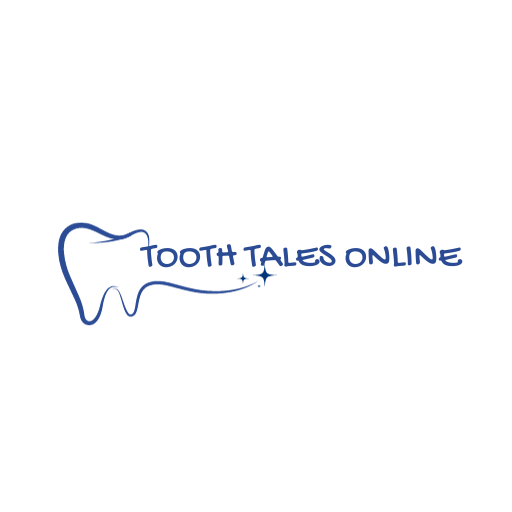
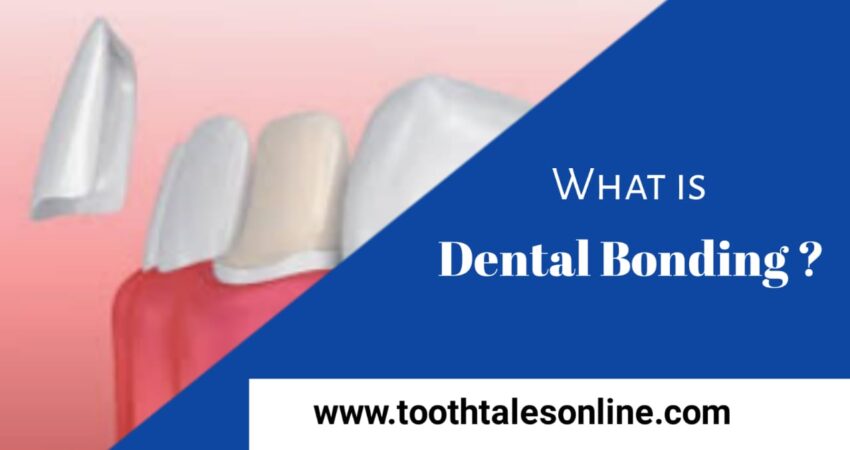

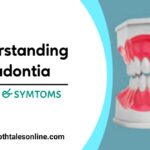



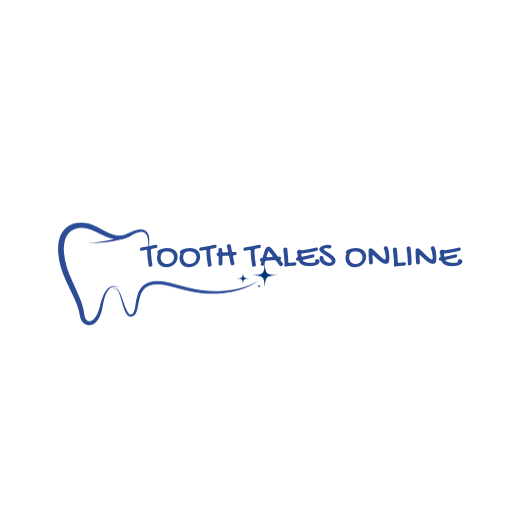
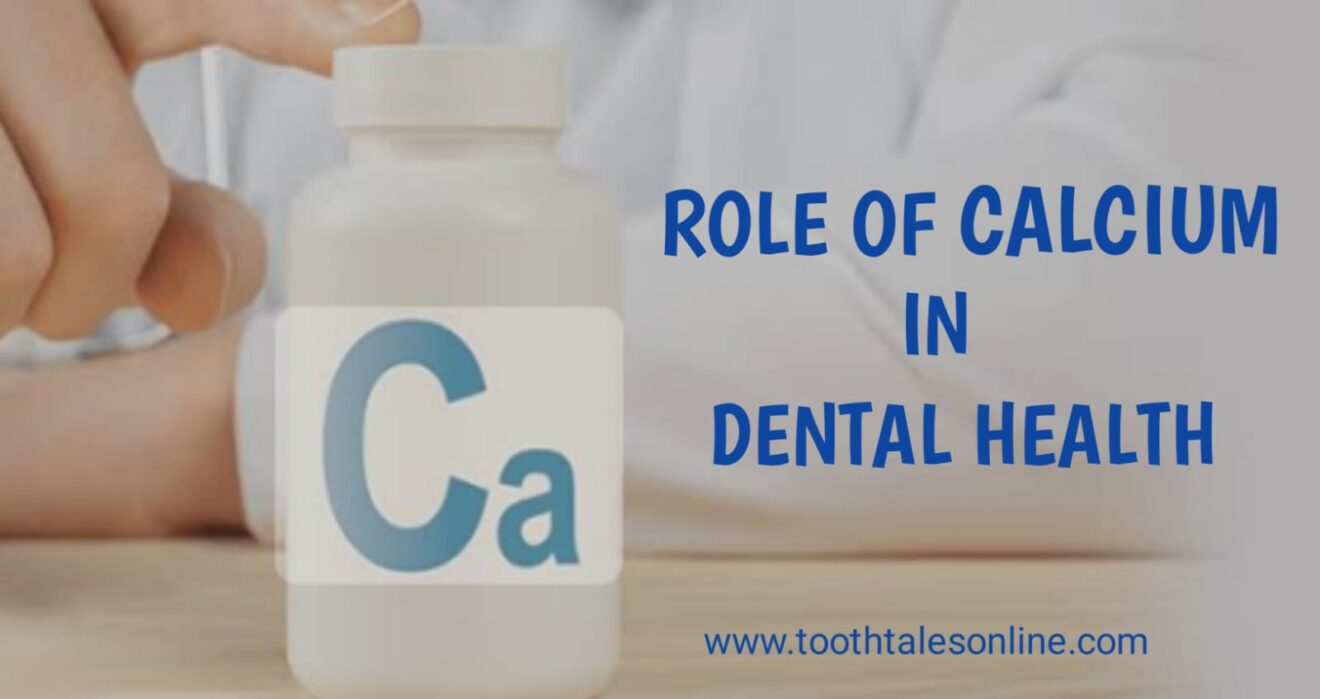

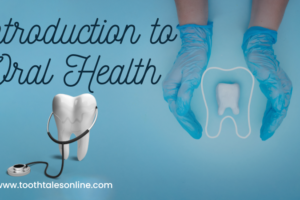
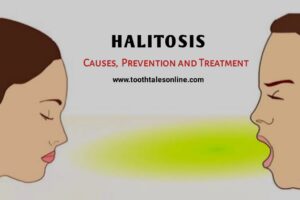










Add Comment